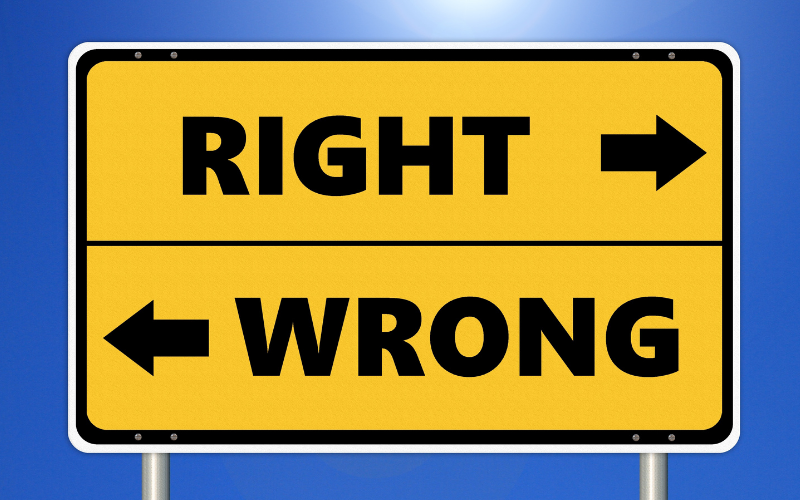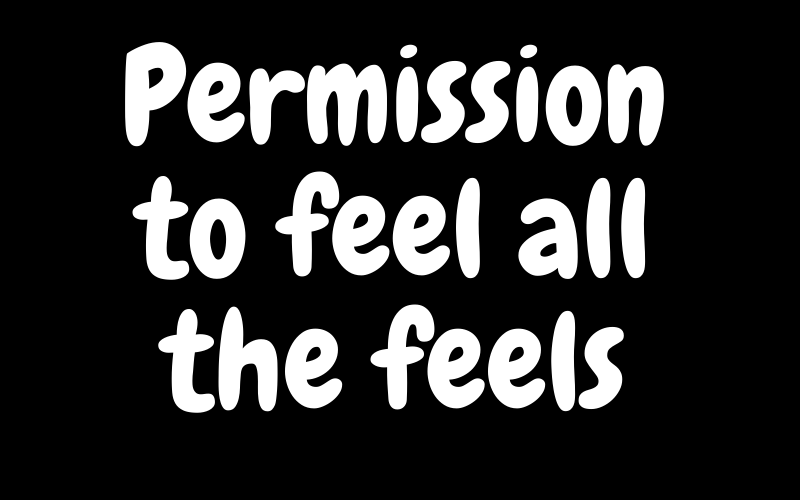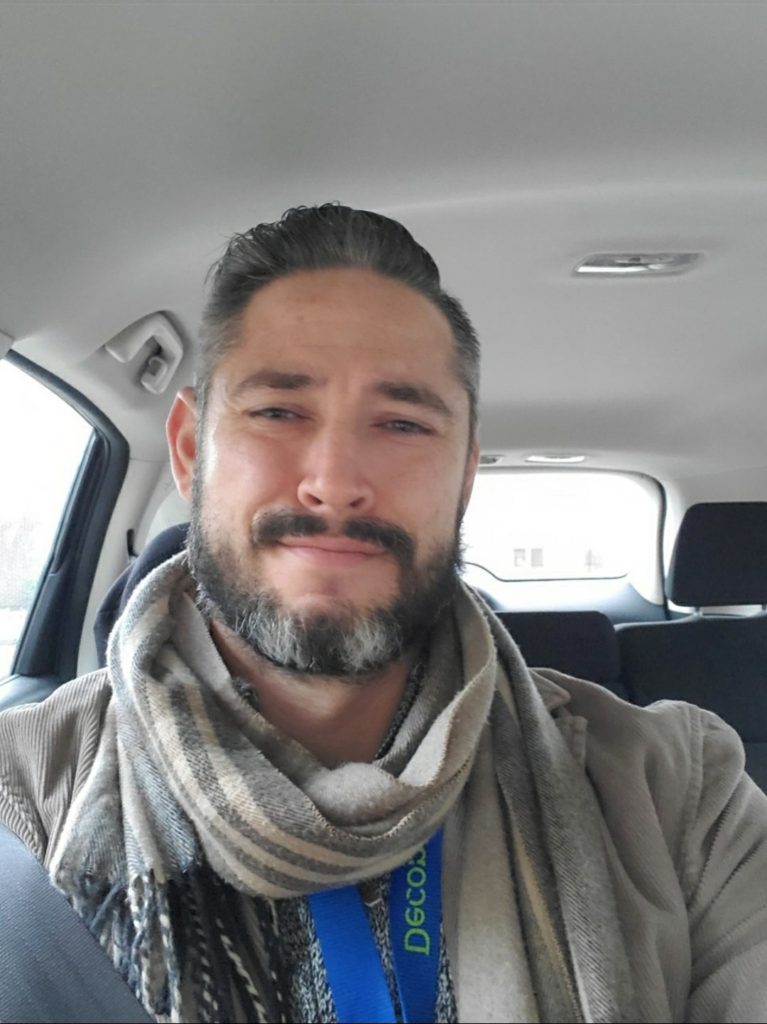
Welcome back to another episode of Your Anxiety Toolkit. Today on the podcast, I am so thrilled to have such an amazing and talented guest, Georgia Lock, on with us. Georgia is an actor, presenter, OCD advocate, and poet. She lives in London and has so much wisdom and beauty to share with us. Georgia is here to share how she has used poetry to turn the pain of her experience with OCD into beauty.
Georgia shares her OCD story and recovery journey with us. We also have a great conversation about shame, guilt, and grief. Georgia shares several of her poems with us and you will see why she is an award winning poet. Her poetry explains so well what it is like to live with mental illness, anxiety, and OCD. I just love when people can use words to perfectly describe what it is like to experience something, whether that be really joyful or really, really painful. Her poetry takes the pain that she has experienced and wraps it in such beauty.
I truly hope you enjoy this conversation. It is a lovely story about someone who has struggled so deeply, but who also has done the work and is now moving on in her recovery journey in such a beautiful way.
Follow Georgia on Instagram @georgia_nathalie
Click here to purchase Georgia's book of poetry, With Every Wave
ERP School, BFRB School and Mindfulness School for OCD are open for purchase. Click here for more information.
Additional exciting news! ERP School is now CEU approved which means that it is an accredited course for therapists and mental health professionals to take towards their continuing education credit hours. Please click here for more information.

Welcome back to another episode of Your Anxiety Toolkit Podcast. Today I wanted to talk to you about something that I have been struggling with recently. So you all know that I made the decision to travel back to Australia to visit my family. This decision caused a good deal of anxiety initially, but I also soon recognized that feelings of hyper-responsibility, such as am I being irresponsible by going home, were popping up as well.
I had to break this down. Why do we have this sense of hyper-responsibility to always do things "right"? That level of responsibility can cause us a tremendous degree of anxiety. We tend to put expectations that are unrealistic on ourselves to be perfect, good, the fixer of all things broken. So how can we take a step back from that? We actually exist on a spectrum. When you are anxious, maybe you need to recognize that so much of that anxiety is driven from these feelings of hyper-responsibility, from this fear of being irresponsible. That's key, my friends. Just because you feel it doesn't mean it's the truth. Just because you feel irresponsible doesn't mean you are irresponsible.
We sometimes have to check the facts. I'm encouraging you to do a check on this hyper-responsibility and see if you can tone it down to a place that's healthy. You can check yourself as you start to respond in a compulsive or an avoidant or reassuring way and you can say, "Hey, is this being led by hyper-responsibility? And if so, where can I land that's healthy." I want you to challenge yourself in this area. Practice stepping back and letting somebody else be the responsible one for a minute or an hour or a day or a year. Try recognizing that yes you have some responsibilities, but also recognize where that hyper-responsibility may be getting in your way.
ERP School, BFRB School and Mindfulness School for OCD are open for purchase. Click here for more information.
Additional exciting news! ERP School is now CEU approved which means that it is an accredited course for therapists and mental health professionals to take towards their continuing education credit hours. Please click here for more information.

Welcome back to another episode of Your Anxiety Toolkit Podcast. As I am working on this podcast, I am about to embark on an international trip where I will be gone for a long time, away from my family, and part of the time isolated, in a quarantine hotel for several weeks. My emotions, I'm not going to lie, are all over the place. I swing from being grateful to angry to sad to happy to fearful. So I thought this was actually a perfect time for the subject of this episode which is your feelings are meant for feeling.
Right now, I am having all of these different feelings, opposing feelings. Some of them are pretty strong and aggressive. Some will cause me significant discomfort and pain and some will be new, and I'll be curious about them.
We tend to get into trouble when we start to believe that we are supposed to control our feelings and be the gatekeeper of them. We allow some feelings and push others out. I want you all to know that you are supposed to feel your feelings, all of them. When you feel them and you wade your way through them, you heal them.
I have learned that instead of being the gatekeeper, I pretend that the feeling is a guest and when it comes to the gate I say, "Hello, anger. Hello, fear. Hello irritability. I see you come on in." I allow them to be there as long as they need. I honor that each and every one of these emotions has a purpose. I'm allowed to be angry. I'm allowed to be anxious. I'm allowed to be whatever I feel. None of these feelings make us bad. None of these feelings define who we are. They are temporary emotions that we are supposed to feel.
When you take away the judgment of good and bad and right and wrong, you can start to see these feelings as waves that flow through you. Your sense of empowerment over these emotions also increases. It is a very empowering statement to say "I allow you. Welcome. Come on in."
It is a gift to say, "I'm giving myself permission to feel. I'm not going to push my feelings away. I deserve to move through my feelings."
That is my goal is here today. For you to recognize that there is nothing wrong with the feelings that you have. Give yourself tons of compassion and honor each and every one because your feelings are meant for feeling.
ERP School, BFRB School and Mindfulness School for OCD are open for purchase. Click here for more information.
Additional exciting news! ERP School is now CEU approved which means that it is an accredited course for therapists and mental health professionals to take towards their continuing education credit hours. Please click here for more information.

Welcome back to another episode of Your Anxiety Toolkit Podcast. On today's episode I am so excited to have Sean Shinnock with us. Sean is an amazing artist and mental health advocate and he is just one of the sweetest souls that I know. I am so thrilled to have Sean with me today to talk about the monsters that live inside us.
Now, for those of you who have heard Sean speak before, you know that he has a project called Draw Your Monster. The idea is for you to draw your monster, personify it, and actually bring that monster to life. You can then begin to have a conversation or a relationship with your monster which actually helps you with your recovery.
In our conversation today, we talk about our own monsters and what they look like, but we also go on to discuss the stigma and shame that lives within us and the pain that we go through when living with a chronic illness as well as a mental illness. We discuss the importance of accountability and strong support systems and we also have a beautiful conversation about vulnerability and simply being human. It really is such a lovely discussion with a dear, dear friend and I'm so excited for you guys to have a listen. I hope you will enjoy this conversation as much as I did.
Sean's Instagram @sshinnock or @drawyourmonster
Sean's website www.sshinnock.com
ERP School, BFRB School and Mindfulness School for OCD are open for purchase. Click here for more information.
Additional exciting news! ERP School is now CEU approved which means that it is an accredited course for therapists and mental health professionals to take towards their continuing education credit hours. Please click here for more information.

Welcome back to another episode of Your Anxiety Toolkit Podcast. Today we are going to be talking about a subject that I hope will resonate with a lot of you. We are going to be discussing the stages of grief because I really want to normalize the experience of grief and give you all permission to grieve what we are collectively going through right now.
The stages of grief were first identified by psychiatrist and researcher, Elisabeth Kubler-Ross. The first stage is denial. You may deny that the event happened, or deny your feelings, or you isolate away from people so that you don't have to talk about your feelings. The second stage is anger. You are grieving the loss of something and that makes you angry because it feels unfair. You may be angry about coronavirus or the loss of a loved one or maybe even your mental illness. The third stage is bargaining. You may do an analysis of the event and then start to go into a negotiation process in your mind. "If only I hadn't done this, it would have been better." The fourth stage is depression. In this stage, things feel really hard and you deeply grieve and have a deep sense of sorrow. The fifth stage is acceptance. In this stage, you come to an acceptance of the situation. You start to reintegrate into your life and begin to move on. There is a final stage that has also been described called the making meaning stage. In this stage, you try and give your grief meaning by turning your pain into purpose.
These steps are here to help you acknowledge the normal experience of grief. So often people have these feelings and are not quite sure what it is, which can make the experience far worse. I want you to remember that these are normal processes that we go through during life. With life, there is loss. Your job is to be your own most compassionate, supportive friend as often as you can and as unconditionally as you can.
I hope that you are finding some peace and joy in these very difficult days. If not, just keep reminding yourself that is a beautiful day to do a hard thing, and this is a very hard thing that we are all doing right now so please give yourself tons of grace.
ERP School, BFRB School and Mindfulness School for OCD are open for purchase. Click here for more information.
Additional exciting news! ERP School is now CEU approved which means that it is an accredited course for therapists and mental health professionals to take towards their continuing education credit hours. Please click here for more information.